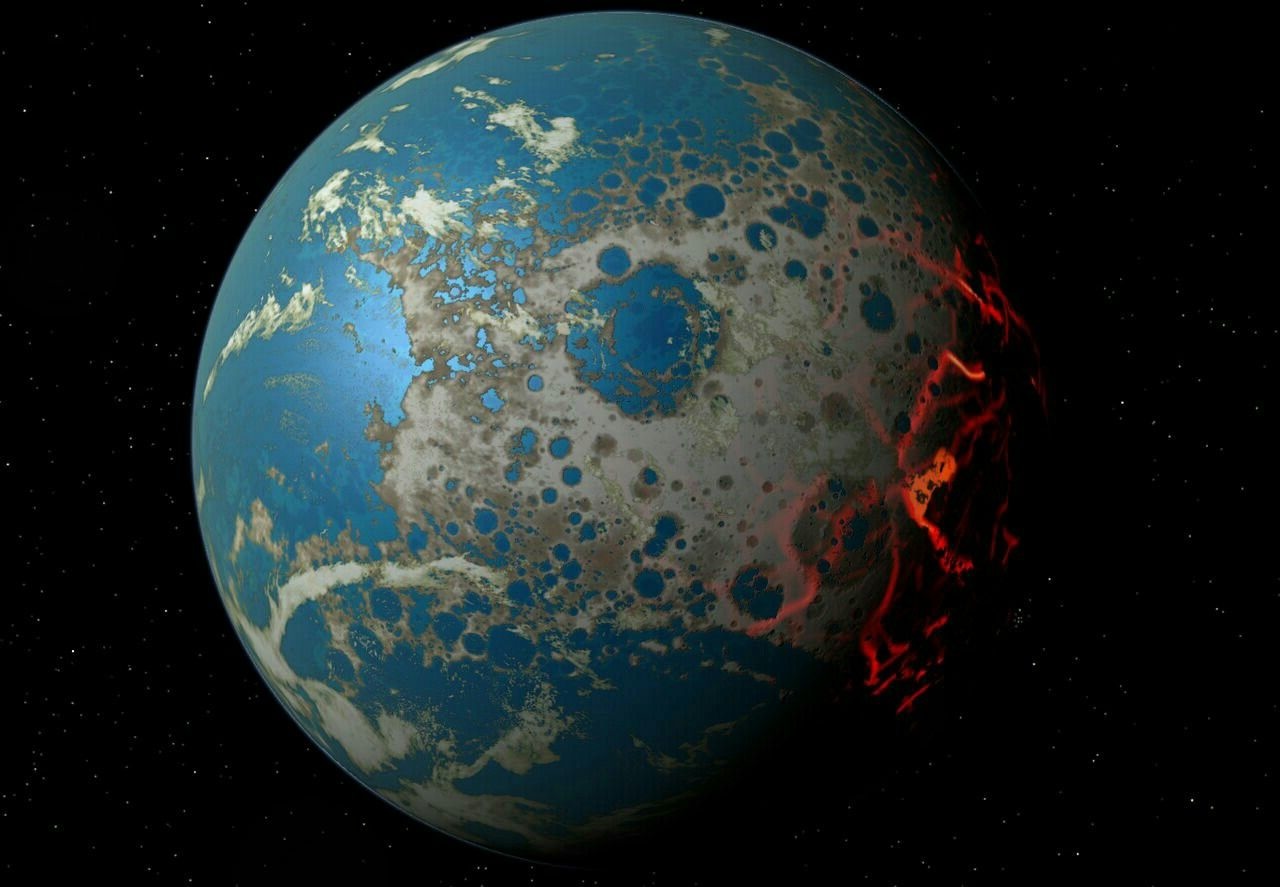
What is the RNA world hypothesis? The RNA world hypothesis suggests that early life forms on Earth may have relied solely on RNA to store genetic information and catalyze chemical reactions. This idea proposes that before DNA and proteins became the main molecules for genetic storage and enzymatic functions, RNA played a crucial role in the evolution of life. RNA, a versatile molecule, can both store genetic information like DNA and perform catalytic activities like proteins. This dual functionality makes it a prime candidate for the earliest forms of life. Understanding this hypothesis helps scientists explore the origins of life and the transition from simple molecules to complex organisms.
What is the RNA World Hypothesis?
The RNA World Hypothesis suggests that early life forms may have relied solely on RNA to store genetic information and catalyze chemical reactions. This theory provides a possible explanation for the origin of life on Earth.
- RNA stands for ribonucleic acid, a molecule essential for various biological roles.
- The hypothesis was first proposed by Carl Woese, Francis Crick, and Leslie Orgel in the 1960s.
- RNA can both store genetic information and catalyze chemical reactions, unlike DNA, which only stores genetic information.
- The discovery of ribozymes, RNA molecules with enzymatic activity, supports this hypothesis.
- RNA is believed to have preceded DNA and proteins in the evolution of life.
How RNA Functions in Modern Cells
RNA plays several critical roles in modern cells, from protein synthesis to gene regulation. Understanding these functions helps illustrate why RNA might have been crucial in early life forms.
- Messenger RNA (mRNA) carries genetic information from DNA to ribosomes for protein synthesis.
- Transfer RNA (tRNA) brings amino acids to ribosomes during protein synthesis.
- Ribosomal RNA (rRNA) forms the core of ribosomes and catalyzes protein synthesis.
- Small nuclear RNA (snRNA) is involved in RNA splicing, a process that modifies mRNA.
- MicroRNA (miRNA) regulates gene expression by binding to mRNA and preventing translation.
Evidence Supporting the RNA World Hypothesis
Several lines of evidence support the RNA World Hypothesis, making it a compelling explanation for the origin of life.
- Ribozymes demonstrate that RNA can have catalytic functions, similar to proteins.
- Some viruses use RNA as their genetic material, suggesting RNA-based life is possible.
- Experiments have shown that RNA can form spontaneously under prebiotic conditions.
- RNA can replicate itself, a key requirement for early life forms.
- The structure of ribosomes, which are essential for protein synthesis, is largely composed of RNA.
Challenges to the RNA World Hypothesis
Despite its appeal, the RNA World Hypothesis faces several challenges that researchers are still trying to address.
- RNA is chemically unstable and prone to degradation.
- The synthesis of RNA from simple molecules is complex and not fully understood.
- The transition from an RNA-based world to one dominated by DNA and proteins is not well-explained.
- Some scientists argue that other molecules, like peptides, could have played a similar role in early life.
- The lack of direct fossil evidence makes it difficult to confirm the hypothesis.
Alternatives to the RNA World Hypothesis
While the RNA World Hypothesis is popular, other theories also attempt to explain the origin of life.
- The Protein World Hypothesis suggests that proteins, not RNA, were the first biological catalysts.
- The Metabolism-First Hypothesis proposes that metabolic networks predated genetic information.
- The Lipid World Hypothesis posits that lipid membranes were crucial for the formation of early life.
- Some scientists believe that life may have originated in hydrothermal vents, where unique chemical conditions exist.
- The PNA World Hypothesis suggests that peptide nucleic acids (PNA) could have been the first genetic material.
The Future of RNA World Research
Ongoing research continues to explore the RNA World Hypothesis and its implications for our understanding of life's origins.
- Advances in synthetic biology may help recreate RNA-based life forms in the lab.
- Discoveries of new ribozymes and RNA functions could provide further support for the hypothesis.
The Fascinating World of RNA
The RNA world hypothesis offers a captivating glimpse into the origins of life. This theory suggests that RNA molecules were the first to carry genetic information and catalyze chemical reactions, paving the way for the complex life forms we see today. Understanding RNA's role helps scientists unravel the mysteries of early Earth and the evolution of life.
RNA's versatility, acting both as a genetic material and a catalyst, makes it a key player in the story of life's beginnings. The hypothesis continues to inspire research and debate, pushing the boundaries of our knowledge. Whether you're a science enthusiast or just curious about life's origins, the RNA world hypothesis provides a thought-provoking perspective on how life might have started. Keep exploring, stay curious, and who knows what other secrets the tiny RNA molecule might reveal?
Was this page helpful?
Our commitment to delivering trustworthy and engaging content is at the heart of what we do. Each fact on our site is contributed by real users like you, bringing a wealth of diverse insights and information. To ensure the highest standards of accuracy and reliability, our dedicated editors meticulously review each submission. This process guarantees that the facts we share are not only fascinating but also credible. Trust in our commitment to quality and authenticity as you explore and learn with us.
